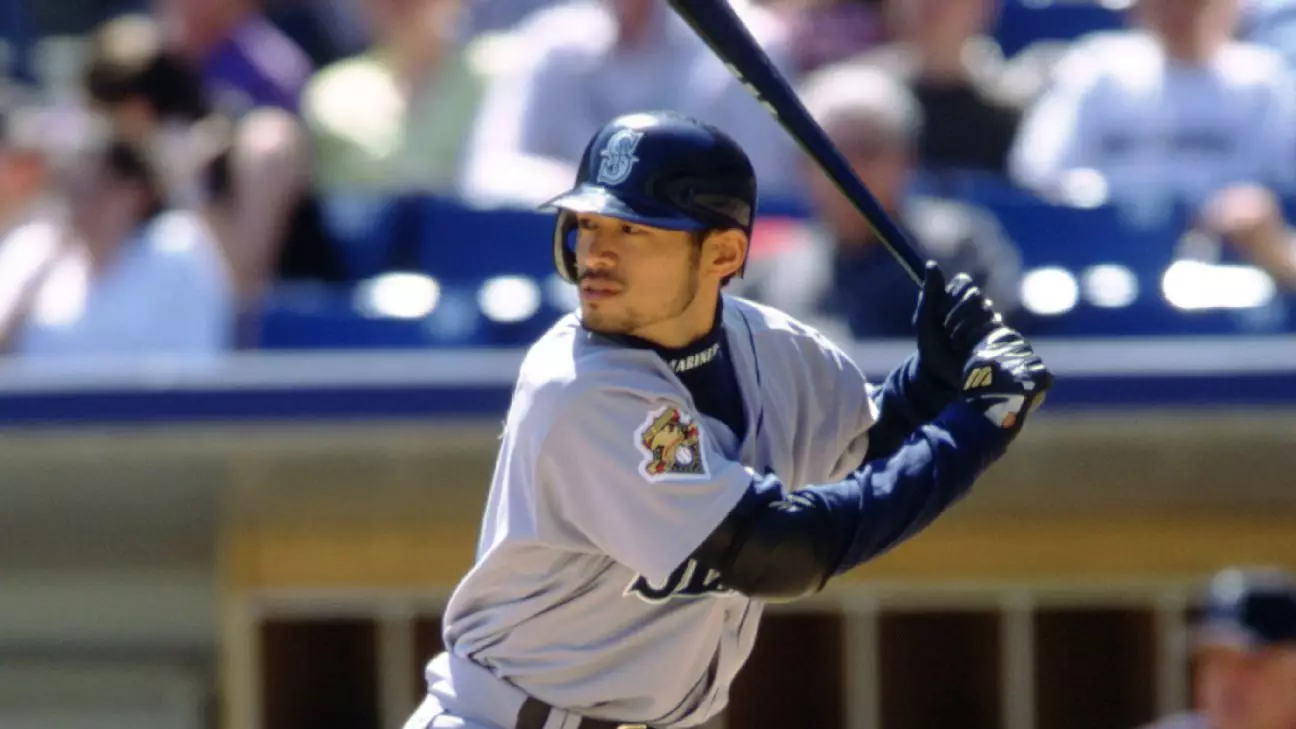The Baseball Hall of Fame remains a prestigious institution, highlighting the greatest players in Major League Baseball history. The recent unveiling of the 2024 Hall of Fame ballot not only introduces a fresh crop of candidates but also continues an ongoing discussion about legacy, statistical achievements, and the nuances of Hall of Fame worthiness.
A Diverse Group of New Contenders
Quality players often define eras and franchises, and the 14 newcomers on the ballot certainly represent high-caliber talent. One of the most notable entrants is Ichiro Suzuki, a player synonymous with hitting excellence and unparalleled consistency. From his impressive left-handed batting stance to a breathtaking array of base-stealing speed, Ichiro’s legacy is cemented by his 262 hits in a single season, a record that has stood since 2004. His ability to win both the American League MVP and Rookie of the Year awards in 2001 showcased his immediate impact on the game.
Accompanying Ichiro on this year’s ballot is CC Sabathia, a pitcher whose career arcs across two decades, defined by significant accomplishments including the 2007 AL Cy Young Award. Sabathia’s 3,093 strikeouts place him third all-time among left-handed pitchers, behind legends Randy Johnson and Steve Carlton. His journey through teams like the Cleveland Indians and New York Yankees embeds him deeply in baseball lore, particularly for his critical contributions during the Yankees’ 2009 World Series championship.
Also entering the mix are Félix Hernández, Hanley Ramírez, and Carlos González, each of whom holds unique achievements in their own right. Hernández, the 2010 AL Cy Young Award winner, delivered a historic perfect game. Gonzalez secured three Gold Glove Awards, illustrating his prowess both on offense and defense, and Ramírez brought excitement to every at-bat he took while consistently ranking among league leaders in various offensive categories.
While new candidates generate buzz, the holdover list shapes a narrative infused with controversy and captivating stories. The inclusion of players like Billy Wagner, who remains tantalizingly close to election as he garnered 73.8% of the vote last year, emphasizes the challenge many players face. Wagner’s impressive strikeout rates highlight his dominance as a closer, yet he continues to hover just under the 75% mark that secures induction.
The ongoing presence of players like Alex Rodriguez and Manny Ramirez—both tainted by performance-enhancing drug usage—provides a thought-provoking angle. Rodriguez, with 134 votes for 34.8%, elicits discussions surrounding talent versus integrity, while Ramirez, receiving 125 votes and 32.5%, continues to stimulate polarized opinions about the impact of drug usage on legacies and merits. These debates surrounding integrity versus ethical considerations permeate through the ranks of hall candidates, indicating a broader conversation around Hall of Fame entrance criteria.
Holdover candidates like Carlos Beltran, Andruw Jones, and Chase Utley also continue to navigate the circuitous path toward recognition and potential induction. Beltran’s role in the Astros’ 2017 season highlights the intricate dilemmas regarding alleged sign-stealing, forcing voters to weigh accomplishments against the backdrop of ethical conduct.
As the voting deadline approaches—ballots must be submitted by December 31—the anticipation grows among fans and sport analysts alike. Results will be unveiled on January 23, with the hope that deserving players will finally earn their rightful place amidst baseball immortality. Additionally, the induction ceremony on July 27 allows for players’ legacies to be celebrated, not just for their statistics, but for the values they added to the game.
Beyond the immediate ballot, there is a sense of climate changing within the Hall itself. With players like Gary Sheffield dropping off the ballot after falling short in his final year, the onus lies on the newly formed contemporary-era committee that will debate candidates like Dick Allen and Luis Tiant in December 2025. This evolution ensures that the journey toward recognition is both ongoing and reflective of contemporary values in sports.
The 2024 Hall of Fame ballot is more than a list; it’s a story infused with statistics, controversies, and the passion of fans and players alike. Each candidate, new or holdover, adds a layer to the rich tapestry of Major League Baseball’s history. As voters grapple with the complexities of each athlete’s contributions, the collective conversation highlights not just who deserves a gilded plaque, but what the Hall of Fame truly represents in the pantheon of sports.

